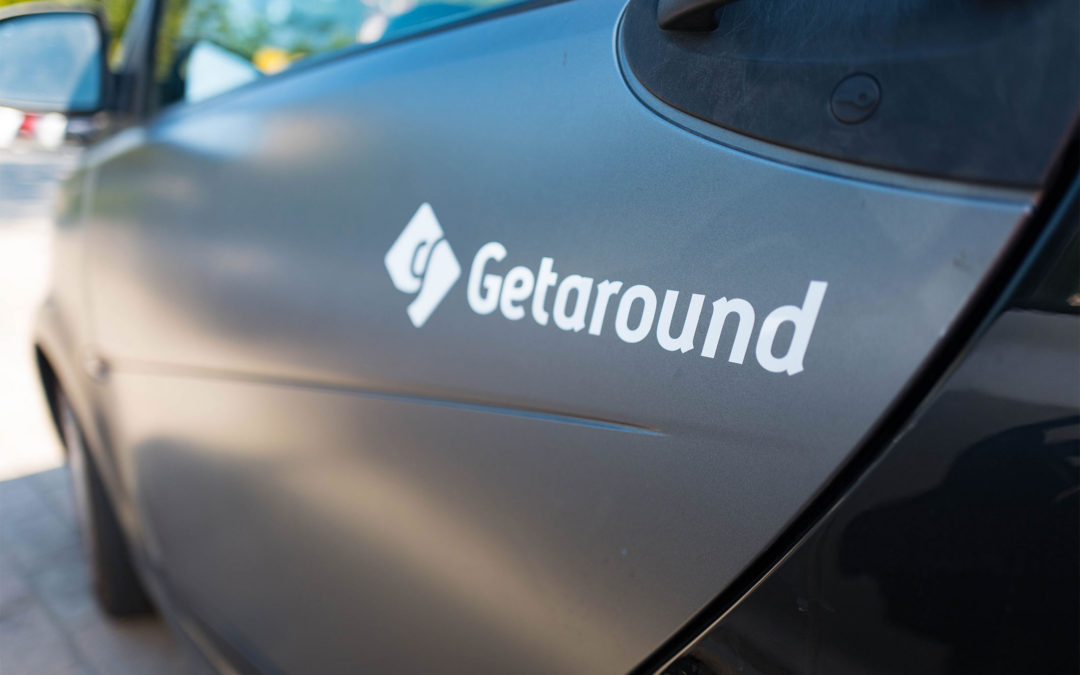by Innovative Mobility Research | Jan 22, 2021 |
Transportation Research Board, January 2021 Susan Shaheen, the co-director Transportation Sustainability Research Center, discusses her latest study, Future of Public Transit and Shared Mobility Scenario Planning for COVID 19 Recovery. … Listen to the podcast...
by Innovative Mobility Research | Dec 16, 2020 |
Authors: Susan Shaheen, Stephen Wong Date: December 1, 2020 Abstract: While the COVID-19 crisis has devastated many public transit and shared mobility services, it has also exposed underlying issues in how these services are provided to society. As ridership drops and revenues decline, many public and private providers may respond by cutting service or reducing vehicle maintenance to save costs. As a result, those who depend on public transit and shared mobility services, particularly those without access to private automobiles, will experience further loss of their mobility. These transportation shifts will be further influenced by changing work-from-home policies (e.g., telework). While uncertainty remains, work-from-home will likely alter public transit and shared mobility needs and patterns, necessitating different services, operation plans, and business structures. View...
by Innovative Mobility Research | Dec 14, 2020 |
Natalie Zhang, December 8, 2020 Bikes have been a hot ticket item during the Covid pandemic. In early 2020, bike stores struggled to keep up with the demand. Bicycle sales reached $1 billion in April, an increase of 75 percent from the previous year, according to market research company NPD Group. Major U.S. cities even adjusted to the demand. They temporarily closed streets to give residents more room to travel and restaurants more curbside room while maintaining a social distance. In some cities like Seattle, it has led to a permanent move toward more bicycle-friendly streets. With more bikes on road — along with more mopeds, scooters and motorcycles — transportation experts say this moment appears prime for a transit upheaval. … Watch the full video. ...
by Innovative Mobility Research | Oct 22, 2020 |
Authors: Stephen Wong, Jacquelyn Broader, Susan Shaheen, PhD Date: October 1, 2020 Abstract: Well planned and coordinated evacuations are critical to saving lives during natural disasters (e.g., hurricanes, wildfires) and human-caused disasters (e.g., chemical spills, terrorism). To complicate matters, recent wildfires in the western United States (U.S.) and multiple hurricanes in the Gulf Coast have coincided with the novel coronavirus (COVID-19) pandemic. As of mid-October 2020, the COVID-19 pandemic has led to over 7.9 million positive cases and over 217,000 deaths in the U.S. alone. Stay-at-home orders and social distancing measures that were introduced to address COVID-19 may conflict with evacuation orders that employ high-capacity evacuation vehicles (e.g., buses), congregate shelters, and resource sharing (e.g., carpools, relief supplies, food distribution). Evacuations may become spreading events for the virus if destinations (or origins) have high trans-mission rates, compounding the risks of COVID-19 and the disaster. The COVID-19 pandemic has also highlighted the risks to vulnerable populations, who may have limited mobility and lack access to essentials such as jobs, food, healthcare, and COVID-19 testing. View...

by Innovative Mobility Research | May 22, 2020 |
Bloomberg May 20, 2020 Car-sharing platforms, which have suffered during the Covid-19 lockdown, see an opportunity emerging: an increase in short-distance, local trips as U.S. consumers look for a different way of getting to work and running errands. Executives from Turo, GetAround and ZipCar are hoping their pitch to customers—a means of travel that is cheaper than car ownership and sanitary—will also win business from public transit users and Uber and Lyft riders. In addition to the uptick in shorter trips, the companies also report increased use by essential workers and health-care workers. “Customer confidence in travel safety can change their booking habits,” said Preeti Wadhwani, a research analyst with Global Market Insights. “Health-care providers or first responders are relying on car-sharing companies such as Turo to commute to work.” GetAround says overall trip volume in the U.S. has declined by almost 50% since states began shutting down their economies in mid-March. Turo says its business also has fallen dramatically, undoing the 60% year-on-year growth they saw as recently as February, according to Chief Executive Officer Andre Haddad. Zipcar also reports an “expected decline in demand,” particularly in business travel and on university campuses, Zipcar President Tracey Zhen said in an email… Read full article...

